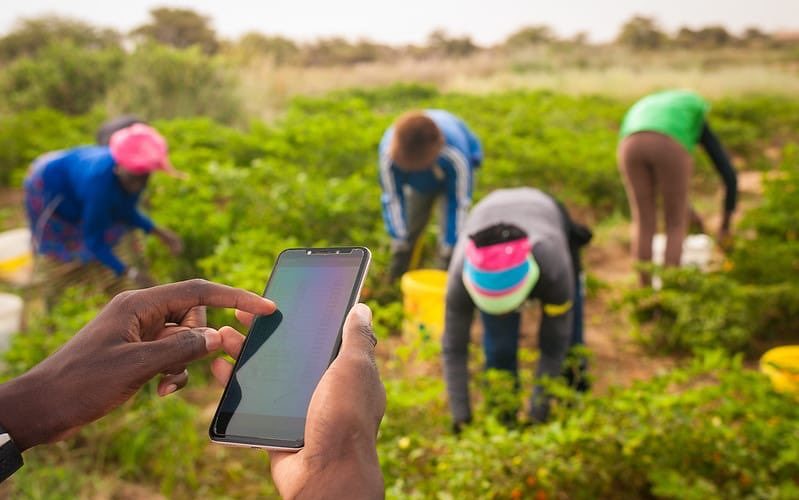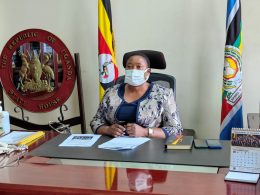By Mark Kawalya
A Microsoft digital transformation initiative is set to benefit at least 50,000 farmers and 50 cooperatives in Uganda. Seeking to provide training and digital tools, the initiative is targeted at the smallholder farmers who make up a large percentage of Ugandans involved in agriculture.
Overall, this will be rolled out in four African countries namely Uganda, Ivory Coast, Kenya and Nigeria. The programme which is a partnership between Microsoft’s 4Afrika initiative and International Finance Corporation (IFC) a part of the World Bank Group, seeks to support digital transformation that will boost farmers’ productivity and modernize supply chains.
“Now more than ever, we need to pay close attention to how agri-tech organisations transform digitally, what challenges they face acquiring new technologies, and the daily challenges they may be facing in the area of digital skills development,” said Kendi Nderitu, Microsoft Kenya country manager.
The programme will invest in agri-tech to help farmers unlock Africa’s agricultural potential and accelerate innovation to foster data driven farming. By optimizing yields, this will boost productivity and profitability giving better value to farmers.
Digital technology is an important key in streamlining the operations of supply chains in the food system by improving efficiencies in agriculture. This is delivered through improved business practices, food safety, traceability and access to finance.
Microsoft’s KuzaBot mobile chat platform will be used to quicken and ease the dissemination of information to farmers on best business and agricultural practices.
Farmers will be aided by giving them access to digital tools and information that will aid in strengthening farming techniques and improve food security.
“By making digital tools more accessible to farmers, cooperatives and last-mile retailers, Microsoft and IFC can together help the agribusiness sector to capitalise on the opportunities afforded by the digital economy,” Samuel Dzotefe, IFC’s acting regional industry director for manufacturing, agribusiness and services for Middle East & Africa said.
According to the 2021 Global Report on Food Crises it is estimated that up to 155 million people faced acute food insecurity in 2020 in more than 55 countries. This was an increase of 20 million people from 2019.
Agriculture and its related businesses contribute about 25 percent of Africa’s GDP and employs 70 percent of its population. However, the use of digital tools in farming has historically been limited by affordability, regulatory issues, infrastructure and awareness.








